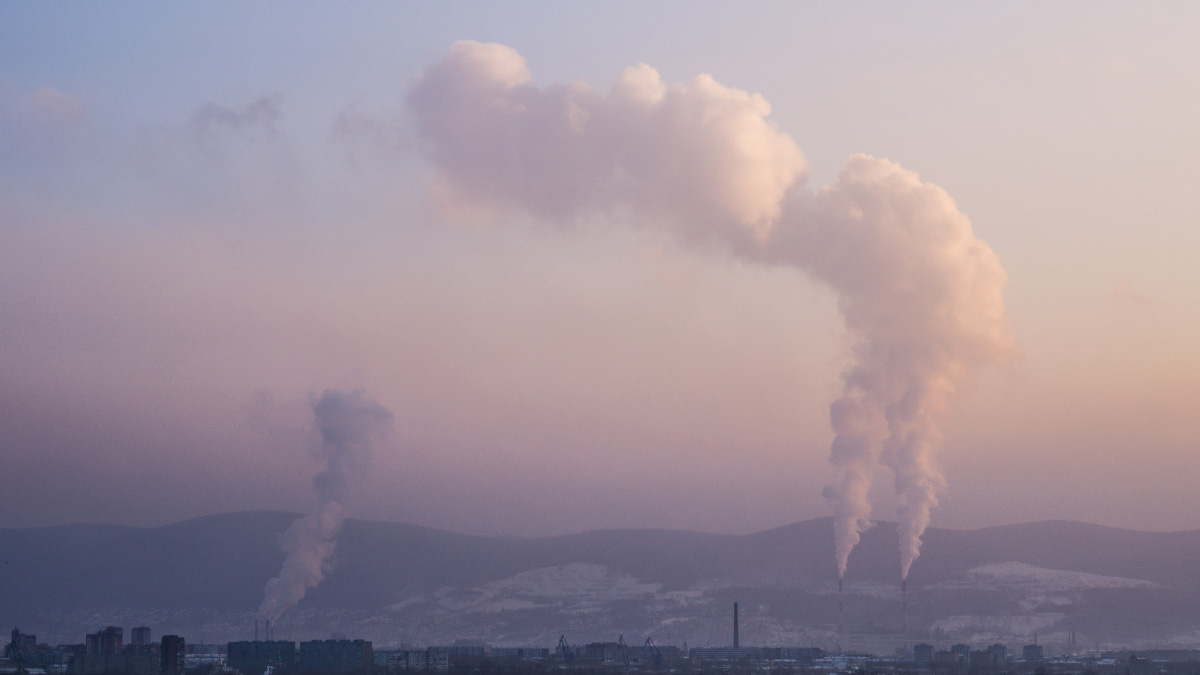 Caroline Winchester, Policy Manager at the IFoA, discusses the findings in the latest IPCC Report
Caroline Winchester, Policy Manager at the IFoA, discusses the findings in the latest IPCC Report
On 20 March the Intergovernmental Panel on Climate Change (IPPC) published its Sixth Assessment Report. It represents the consensus position of 195 countries, setting out the state of knowledge on the science of climate change. It finds that under national commitments made by October 2021 it is ‘likely that warming will exceed 1.5°C during the 21st century’.
‘There is a rapidly closing window of opportunity to secure a liveable and sustainable future for all. The choices and actions implemented in this decade will have impacts now and for thousands of years.’
The synthesis report is the work of 700 scientists in 91 countries and incorporates the findings of the three working group reports published over the last two years:
It also takes into account three special reports:
The report finds that human activities, principally through emissions of greenhouse gases (GHG), have ‘unequivocally caused global warming’, with global surface temperature reaching 1.1°C above 1850–1900 temperatures in 2011–2020.
Impacts on some ecosystems are approaching irreversibility, such as the impacts of hydrological changes from the retreat of glaciers, or changes to Arctic ecosystems driven by permafrost thaw. Global average sea levels increased by 0.2m between 1901 and 2018. The rate of sea level rise is accelerating, reaching 3.7mm per year between 2006 and 2018. Further sea level rise is ‘unavoidable for centuries to millennia’ due to continuing deep ocean warming and ice sheet melt.
Human-caused climate change is ‘already affecting many weather and climate extremes in every region across the globe’. Approximately 3.3–3.6 billion people, predominantly those who have least contributed to climate change, live in contexts that are highly vulnerable to climate change.
Climate change affects water and food security. Roughly half the world’s population currently experience severe water scarcity for at least part of the year. Extreme temperatures have resulted in human mortality and morbidity, biodiversity loss, and loss of livelihoods, trauma and displacement. Diseases have increased, including zoonotic diseases in new areas.
Over the past six decades, the land and ocean sinks have taken up about 56% of CO2 emissions from human activity. However, that rate of absorption is expected to decrease with increasing cumulative net CO2 emissions.
Climate change risks will become increasingly complex and more difficult to manage.
‘Multiple climatic and non-climatic risk drivers will interact, resulting in compounding overall risk and risks cascading across sectors and regions.’
Global net anthropogenic GHG emissions are estimated to be about 12% higher than in 2010 and 54% higher than in 1990, with the largest share and growth in gross GHG emissions occurring in CO2 from fossil fuels combustion and industrial processes, followed by methane. The rate of growth, though, has slowed from 2.1% a year between 2000 and 2009 to 1.3% a year between 2010 and 2019.
Global warming is ‘more likely than not’ to reach 1.5°C in the near term, even under very low GHG emission scenarios. The IPPC sets out a range of temperatures for 2100 of between 1.4°C and 4.4°C, depending on actions taken. Cumulative carbon emissions until global net-zero and the level of greenhouse gas emission reductions this decade largely determine whether warming can be limited to 1.5°C or 2°C.
Deep, rapid and sustained reductions in greenhouse gas emissions are needed. These would lead to a discernible slowdown in global warming within around two decades. Finance, technology and international cooperation are critical enablers.
‘If climate goals are to be achieved, both adaptation and mitigation financing would need to increase many-fold.’
Delayed mitigation and adaptation action would lock-in high-emissions infrastructure, raise risks of stranded assets and cost-escalation, reduce feasibility, and increase losses and damages. The IPPC warns that ‘adaptation does not prevent all losses and damages’, and that these will ‘escalate with every increment’ of global temperature rise.
The IPPC starts its seventh assessment cycle (AR7) in July.